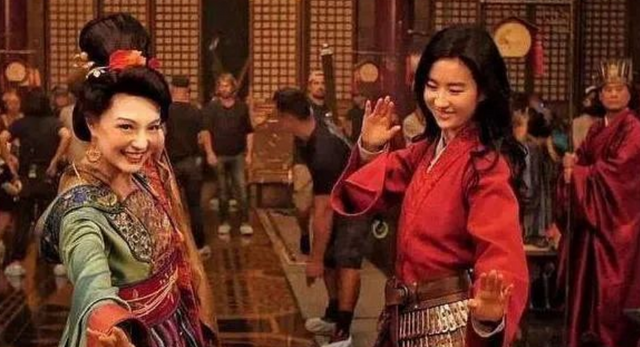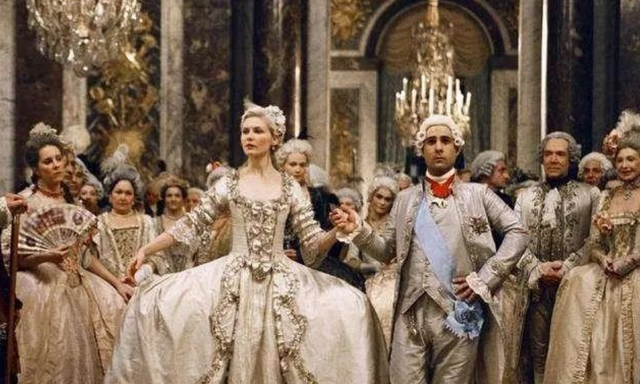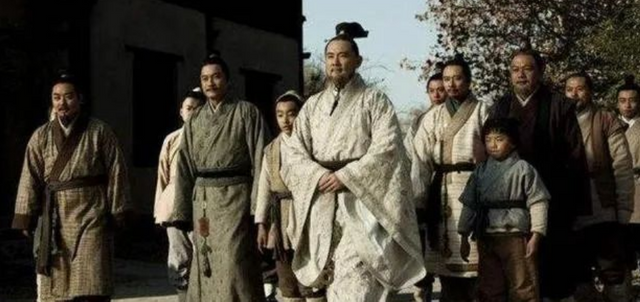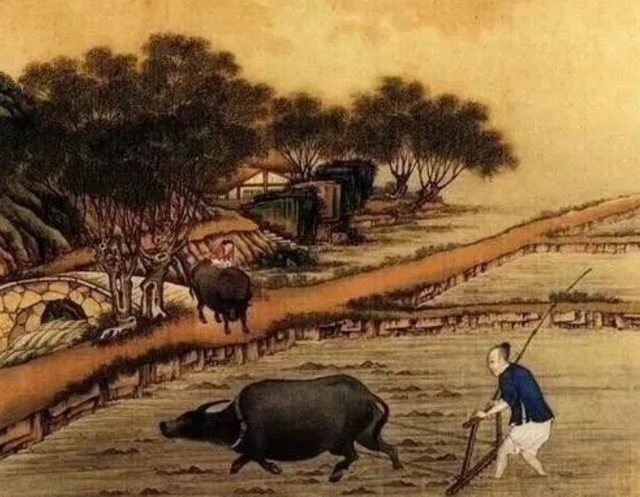
With the rise of Chinese culture, Europeans and Americans pay more and more attention to Eastern culture. Some film and television dramas, such as "Mulan", "Kung Fu Panda", "Shang-Chi", etc. often appear on the screen. But what is criticized is that although there are a lot of oriental elements, they are only superficial.
The antique Chinese architecture, the otherworldly paradise, the beautiful costumes, and even the Chinese dialogue in the film seem to be full of "Chinese flavor", but in fact they cannot stand up to scrutiny, let alone the superficial expression of oriental meanings.
Obviously, the screenwriters of these movies have never studied Chinese history in college. Even if they know more about the books of some outstanding Western sinologists, such as Fairbank, Shi Jingqian or He Kai, they will not let Chinese people watch them. While complaining.
I recently finished reading "China in the Imperial Era" by He Kai. This book is billed as the American version of the "Outline of Chinese History" and has been listed as a Chinese history textbook by many well-known universities in the United States. There are two viewpoints in the book that are quite profound, and I would like to share them here:
Chinese people’s concept of clan
The common concept of Westerners is that they do not have many obligations towards their "own family". Tacitus once said: "Our family is like a 'union', and there are no mandatory constraints between parents and children."
Europe established a "joint system" family relationship in the Middle Ages. Children who are minors can rely on their parents to support them. However, after the "coming-of-age ceremony", all expenses for "eating, drinking and having sex" have nothing to do with their parents. It is impossible to "gnaw on the old" of.

Contrary to the Western concept of yearning for independence after adulthood, in ancient China, the traditional concept was to maintain family members of several generations together to form a big family.
Family is the social element that Chinese people value most and is also the core unit.
3,000 years ago, China had surnames and families. Facing the harsh natural weather and complex living environment, it is only suitable for smaller (scale) families to exist. Then, children and grandchildren with the ability to survive independently formed families, and gradually separated from the father's family to form a clan.
During the Spring and Autumn Period and the Warring States Period, the population of a clan could reach several thousand. By the Han and Tang dynasties, the population of aristocratic and wealthy clans even reached tens of thousands.
Surnames are passed down to future generations through blood ties, as is wealth. The property of the father's family will definitely be distributed to the male heirs. Since the property is spread all over the place, the family will spread out around the location of the property. As a result, smaller branches appeared.
According to the principle of inheritance from father to son, the status of clan members extends upwards and downwards. There are several branch veins beside the main vein, and the status of the branch veins is determined by the distance of blood relationship with the main vein.
What is the relationship between parents and patriarchs? "Father, respect; Dazong, respect and rule."

What does this sentence mean? Simply put, the father is the head of the family, and the head of the family is mainly under the jurisdiction of the patriarch (eldest son).
In the Western Zhou Dynasty, the King of Zhou claimed to be the "Son of Heaven", and the Zhou Dynasty was also called the "biggest sect". He was the co-owner of the world and was generally inherited by the eldest son.
The sons (legiary sons and concubines) of the Zhou emperor were divided into princes. Compared with the emperor, they were small sects; in their own country (territory) they became major sects.
The sons of princes were divided into ministers, ministers and ministers, and they established their own families based on their surnames. After thousands of years of evolution, ordinary people also have clans to rely on.
Clan (family tree) can prove that you have been in this world: "Who am I, where do I come from, and where do I go."
In the feudal dynasty, the typical common people's home was usually a single family in a small village, living together with a dozen or dozens of farmers with the same ancestor.
Men plow the fields, fish and hunt, while women look after the house, take care of the children, raise silkworms and weave cloth, which is the so-called "men farm and women weave".

In ancient China, because the national policy was "agriculture-oriented", more than 90% of the population were farmers. In peacetime, farmers work hard every day and "depend on the weather", but they can only barely make ends meet.
In the event of natural or man-made disasters, individual farmers can only survive the difficulties by relying on mutual help within the clan. Everyone "holding together to keep warm" is the biggest reason why the clan can last for thousands of years.
In fact, Chinese history and culture are very interesting. If you like it, please follow me. I will share Chinese history and mythology with you every day.